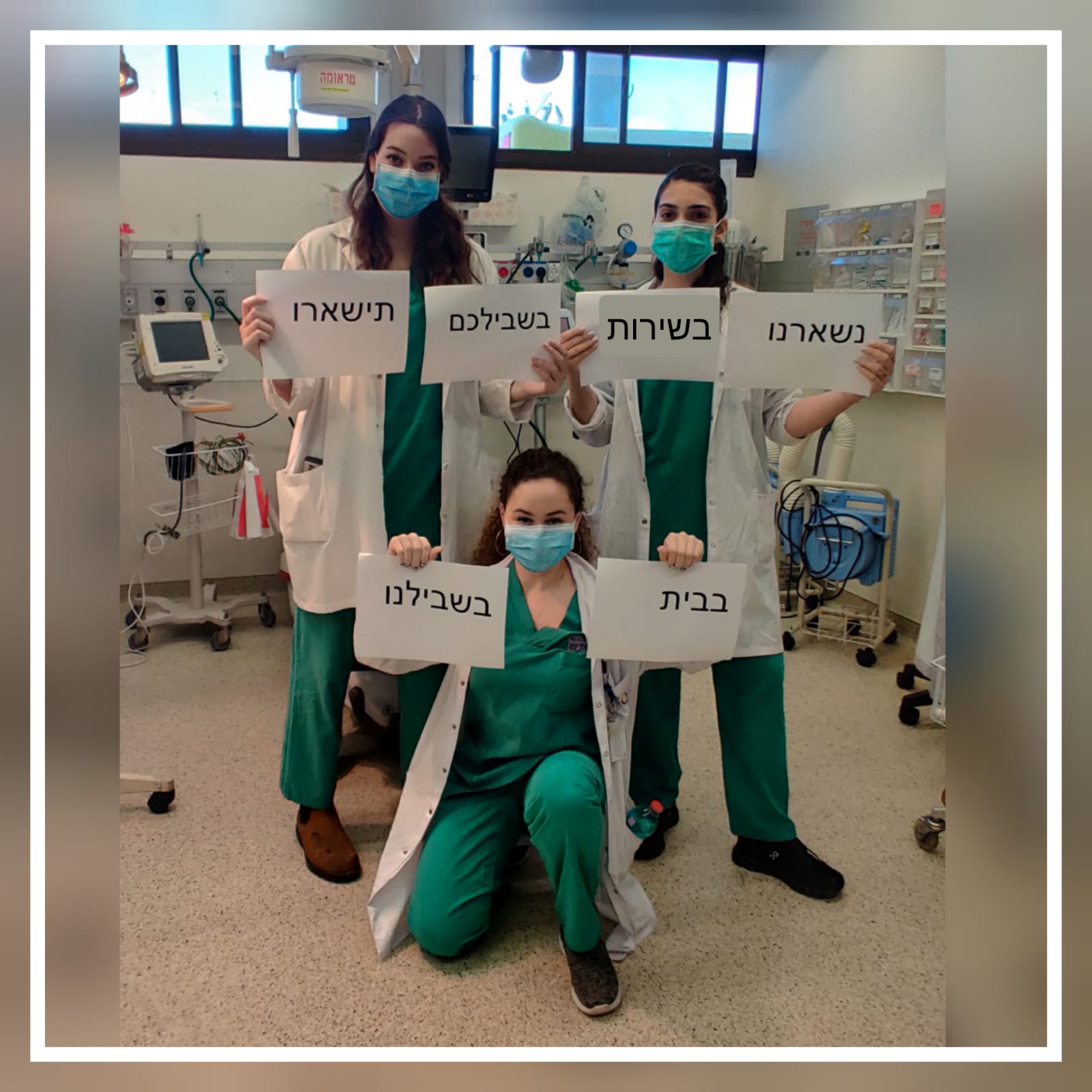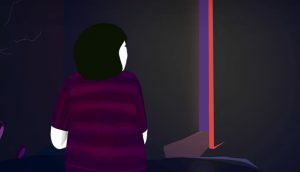Peace, Justice and Strong Institutions


Home » Peace, Justice and Strong Institutions » SDG 16-Civilian Service – Vital against Corona
SDG 16-Civilian Service – Vital against Corona
Israel’s National-Civic Service stepped up when most needed during the first coronavirus wave. The current second wave outbreak has already reinforced the importance of strengthening the country’s civilian service role in assisting efforts to protect the most vulnerable.
This point was driven home in a July 16 “Haaretz” oped (in Hebrew) by Reuven Pinsky, head of Israel’s Authority for National-Civic Service. In an article entitled “We Already Have the Societal Vaccination Against Corona,” Pinsky reflects on the Israeli experience during the first wave:
“We consolidated a list of new tasks in which our manpower’s value added would find its greatest expression. Concomitantly, we set in motion volunteers in their own community systems, where they could provide a quick response,” he writes. “Civilian service volunteers in the Arab and Druze communities made a particularly significant contribution to the country during the coronavirus crisis; Haredi (ultra-orthodox Jewish – SII) civilian service participants were behind the ‘poster commando’ which proved – empirically – to be the most effective method to prevent infection within their community.”


Pinsky goes on to describe preparations by the Authority for the second wave: “Each and every one of our 18,000 National Civilian Service volunteers is receiving a ‘shadow task’ – the primary assignment for an emergency situation, in the event continuing regular service becomes impossible.” These ‘shadow tasks’ include the following assistance roles (and others): medical apparatus, children of medical teams, elderly in care facilities, the Israeli Employment Service, food distribution to the needy, as well as pupil remote-learning activities.
According to Pinsky, through early preparation and training of volunteers for these ‘shadow tasks’ “Israel’s National-Civic Service will be able to stand on the front lines in fighting the virus, thus providing the country with vital breathing room.”
Israel’s Authority for National-Civic Service was established by a 2014 law anchoring its provisions; the 2017 Civilian Service Law three years later created, for the first time in the country’s history, an administered framework relevant to the broad spectrum of Israeli society’s communities. The activities of Israel’s Authority for National-Civic Service dovetail with the expectation embodied in SDG 16 for official institutions to promote inclusive societies.
Service options in this context provide exposure to various societal environments via an alternative one- or two-year framework, to participants – the majority of whom are either Jews, Druze, Arabs or Bedouins – between the ages 18-21 who either cannot serve in the Israel Defense Forces or prefer not to do so.
Related articles


SDG 16-Bet Elazraki – Opening Doors for Disadvantaged Children
Peace, Justice and Strong Institutions Bet Elazraki – Opening Doors for Disadvantaged Children When one door closes, another one opens. Though the doors to many


SDG 16 – Triumph of Diversity
Peace, Justice and Strong Institutions From afar, the war that Hamas launched against Israel can seem like a blur. Come closer and you’ll see the


SDG 16-Domestic Violence, Fueled by Corona
Peace, Justice and Strong Institutions Alongside the intense medical challenge to save lives threatened by the coronavirus, the pandemic has exacerbated an array of social


















